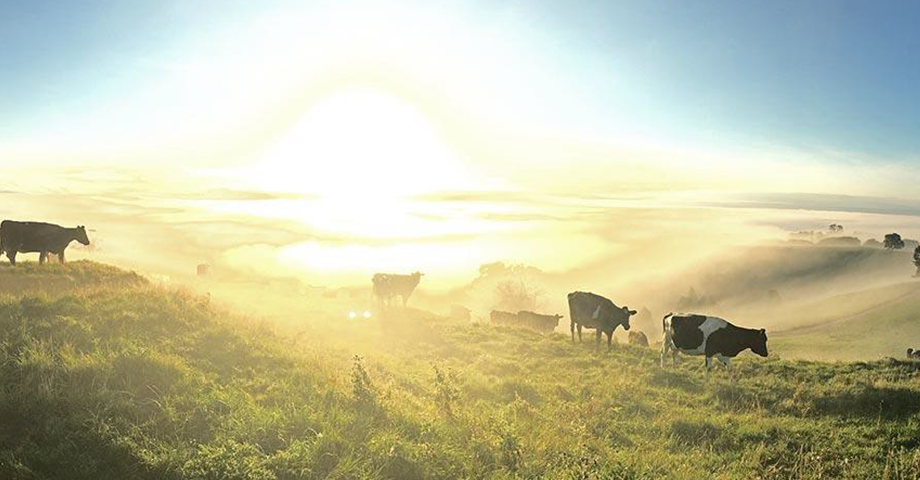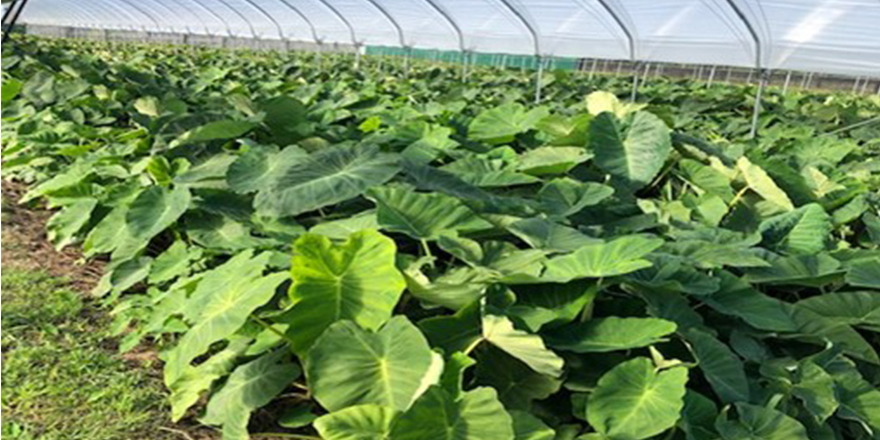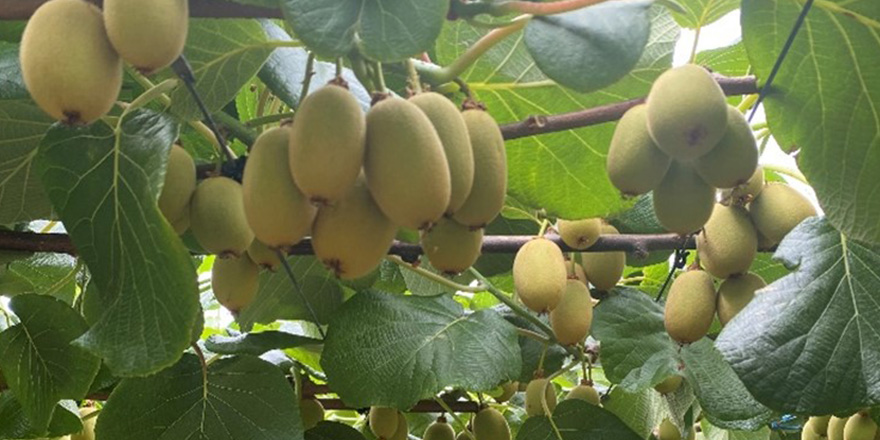
Executive summary
This research report explores Kaitiakitanga, a guiding principle rooted in Māori values of guardianship, whakapapa (genealogy), and tikanga (customs) that sustain the people and land of Te Moana a Toi (Bay of Plenty). Anchored in a Kaupapa (agenda / topic) Māori research framework, the study delves into how Māori land trusts and incorporations exercise Kaitiakitanga in their governance and land management practices to build hei taurikura (people thriving with prosperity). Drawing from both literature and kōrero kanohi ki te kanohi (face-to-face interviews), the report emphasizes the whanangatanga (kinship) responsibilities guiding the relationship between tangata whenua (people of the land) and their whenua (land), aimed at ensuring hei whakatupuranga hou (intergenerational well-being).
Key Findings:
The research highlights that Kaitiakitanga is a holistic practice deeply embedded in tapu (sacred or spiritual), Tikanga (cultural protocol), and practical actions. It emphasizes protecting and enhancing mauri (life force) and upholding mana (authority) across generations. Whakapapa and whanaungatanga form the foundation of Kaitiakitanga, creating a duty to care for the whenua and its people, not only for current needs but also for future prosperity. This connection to the land transcends physical responsibility, embodying a spiritual obligation rooted in Tikanga.
Additionally, the findings underscore the importance of daily rituals, such as karakia (prayer), which maintain spiritual balance and reinforce the sacred nature of kaitiaki roles. Integrating these practices into governance ensures decisions align with cultural and ecological values. Examples from Māori land trusts demonstrate how economic and environmental priorities can coexist. Initiatives like sustainable horticulture and conservation efforts, including native forest restoration and pest control, illustrate the successful blending of traditional knowledge with modern practices. The theme of intergenerational stewardship emphasizes prioritizing long-term sustainability over short-term economic gains for the benefit of future generations.
Recommendations:
- Embedding Kaitiakitanga in Governance: Integrate tikanga into organizational culture, making karakia, whakawhanaungatanga (to build relationships), and Te Reo Māori (Māori language) core practices. This approach enhances collective well-being and aligns cultural values with organizational success.
- Cultural Practices as Foundations: Use karakia for spiritual guidance and adopt tikanga such as whakatau (cultural greeting protocol) and manaakitanga (hospitality) to foster whanaungatanga (kinship or family like relationships) and respect, creating a culturally vibrant environment.
- Kaitiakitanga in Investment Policy: Align investment strategies with Kaitiakitanga by setting sustainable goals, balancing assets, and establishing accountability to ensure environmental stewardship.
- Mauri Compass for Ecosystem Health: Use the Mauri Compass to monitor and restore ecosystems by protecting taonga species, integrating Mātauranga Māori with science, and guiding resource management to sustain mauri.
- Cultural Impact Assessments: Conduct thorough cultural assessments to respect the spiritual significance of land and waterways, guiding decisions to uphold Kaitiakitanga values and minimize environmental impacts.
Dave Nuku




